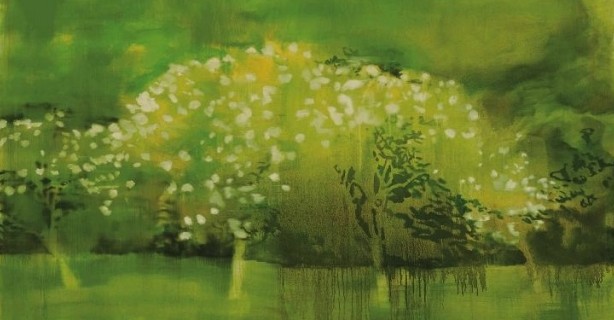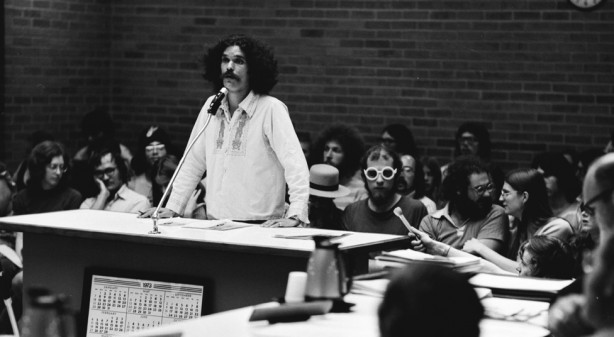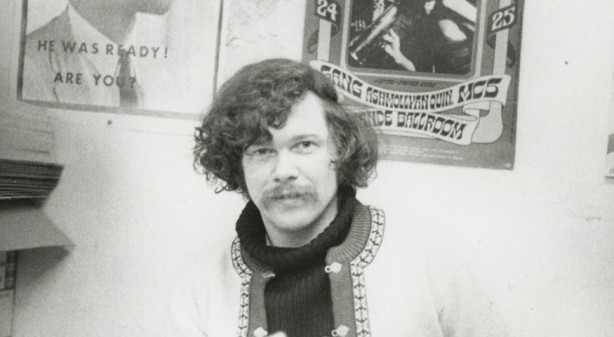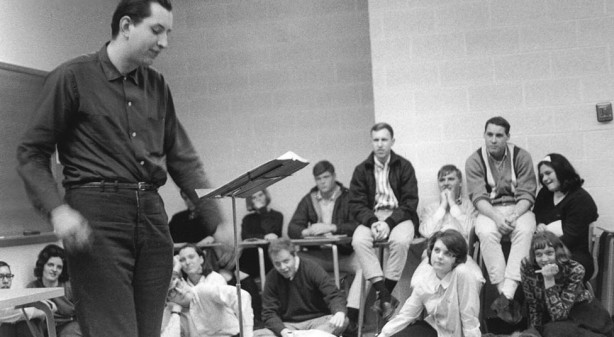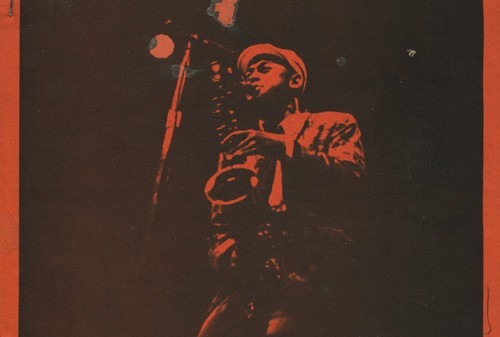Ellen Phelan
"I started working in the context of early post-Minimalism. At the time there was this scene in Detroit, a rough, gritty Motor City junk aesthetic. It was also quite macho, lots of guys. I took canvas off the stretcher and began treating it as an object—painting both sides, cutting and folding—which had something to do with Robert Morris’s felt pieces. But they were much more feminine, much softer, and had color. In some ways being an artist is a conversation: you’re always commenting on somebody else’s work. I didn’t yet have the vocabulary to say that I was trying to do a feminist version of Minimalism. But I did say to myself things like, Well, I think I could make that one better." --Ellen Phalen, interview Bomb Magazine

